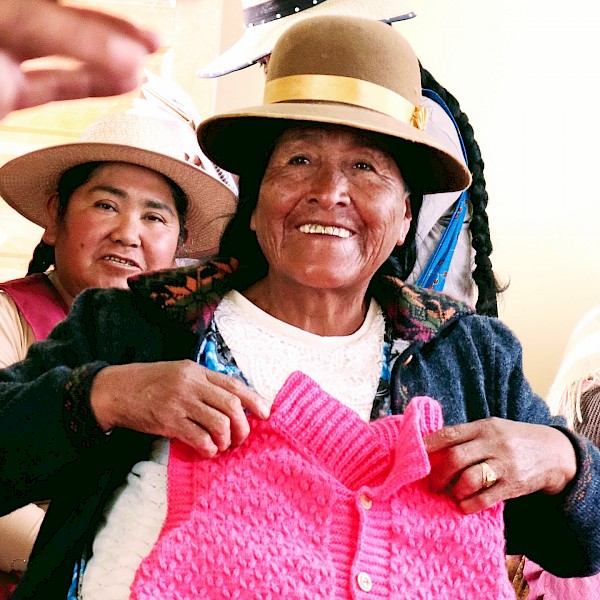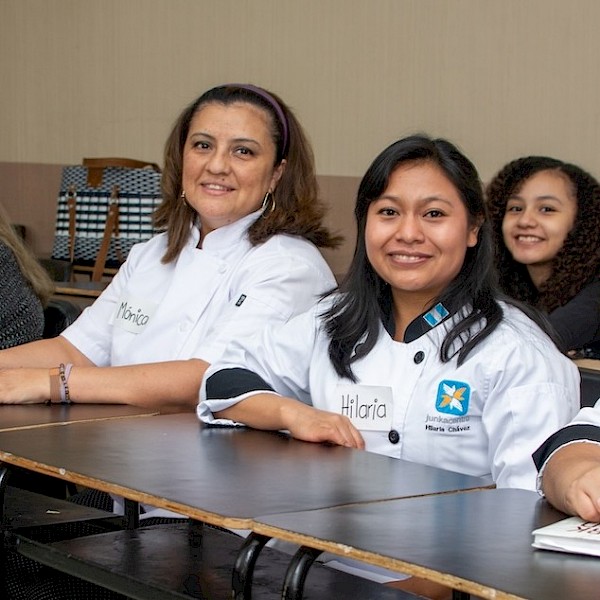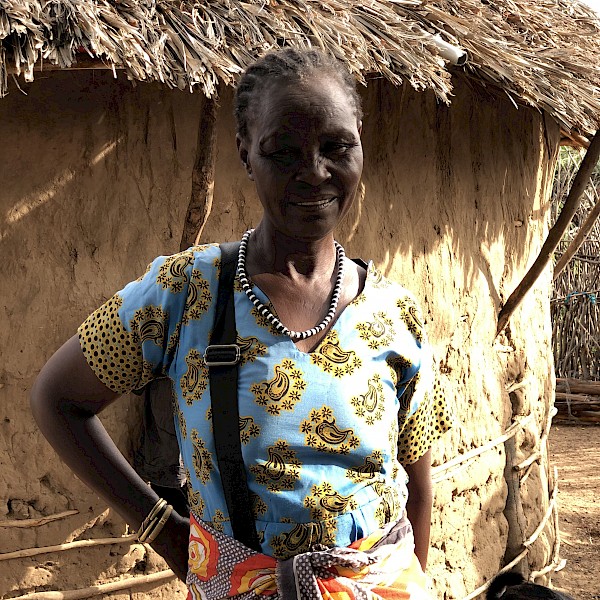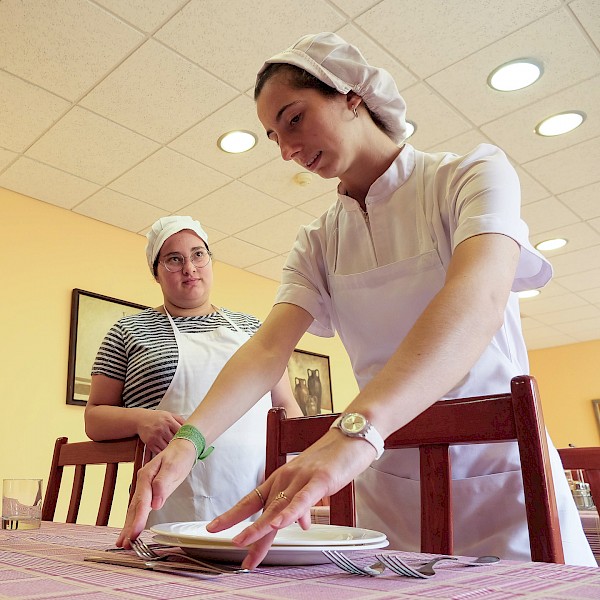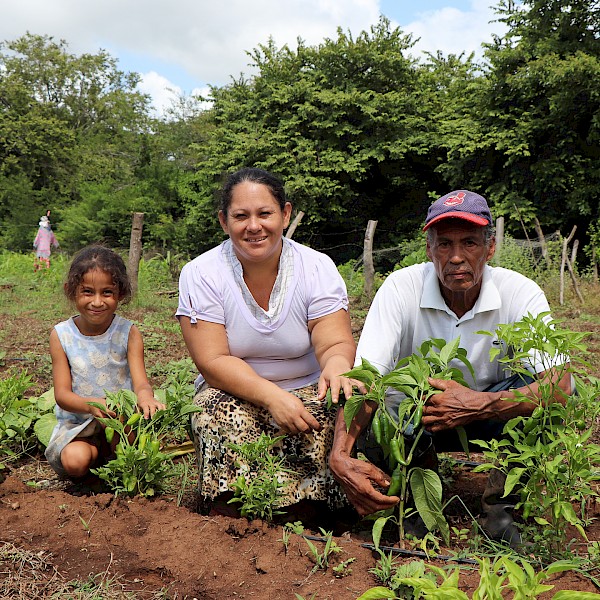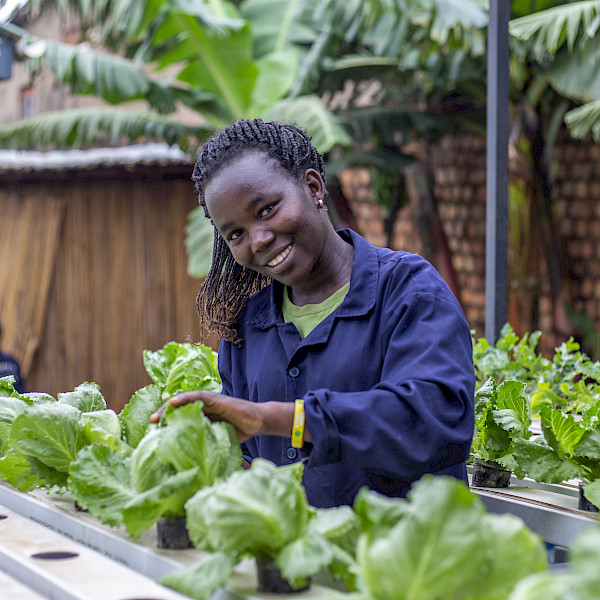Bolivia
Suitaña suma achui: Harvest of Hope for Improving Quality of Life to Underprivileged Indigenous Communities in Bolivia

Duration
2025 – 2028

Budget
490 000 €

Beneficiaries
Indigenous population



Multidimensional Approach to Improve Living Standards in Indigenous Communities
Inter-Cultur, in collaboration with Asociación Civil AYNI, has launched a comprehensive project aimed at enhancing sustainable economic development, agricultural resilience, and quality of life for underprivileged indigenous communities in Bolivia.
The project "Suitaña suma achui: Harvest of Hope for Improving Quality of Life to Underprivileged Indigenous Communities in Bolivia" targets the Aymara communities in the Bolivian Altiplano. It focuses on combating widespread discrimination, environmental degradation, and economic disparities due to historical marginalization and poor policy implementation. The project aims to enhance sustainable economic development, agricultural resilience, and quality of life through sustainable agricultural practices, business management training, and the empowerment of indigenous women.
This project has been funded by the Ministry for Foreign Affairs of Finland.
Key Achievements and Outcomes
- Enhanced Sustainable Economic Development and Agricultural Resilience: Strengthened economic activities through sustainable agricultural practices, resulting in increased vegetable productivity, cattle sales, and milk production.
- Improved Business Management Capacity: Provided training in marketing, logistics, and product development, leading to more effective micro-agribusiness operations.
- Increased Collaboration and Self-Reliance: Fostered greater organizational capacity and collaboration within productive associations, promoting social and solidarity economies.
- Strengthened Collaborative Networks and Institutional Alliances: Established strategic alliances and municipal policies supporting sustainable agriculture and economic practices.
- Elevated Quality of Life and Socio-Economic Equity for Indigenous Women: Empowered women through targeted training in gender equity, household economics, and real estate management, enhancing their economic participation and decision-making abilities.
- Improved Health, Sanitation, and Hygiene Practices: Conducted workshops on hygiene, disease prevention, and health insurance to improve overall well-being.
- Mentoring and Career Guidance for Young Women: Provided career guidance and personal development programs to inspire and prepare young women for leadership and entrepreneurial roles.
Countries
Bolivia
Home to the Andes mountains, Bolivia faces challenges such as poverty and environmental concerns, particularly among its indigenous populations. Our partnership with AYNI focuses on vocational training, literacy, and sustainable agriculture, aiming to empower marginalized communities and women.
Guatemala
In Guatemala, a country known for its rich indigenous heritage, we address the needs of women in disadvantaged situations through Fundación Junkabal. Our initiatives in vocational training and micro-entrepreneurship are designed to uplift women and advocate for human rights.
Kenya
Kenya's diverse landscape is the backdrop for our efforts to tackle poverty and unemployment in the country. Examples of our work include offering vocational education in Nairobi's slums through SET and Eastlands College of Technology, and improving the agricultural activities of rural women in Turkana County, both aiming to improve life quality and employment prospects with an integral formation model.
Lebanon
Lebanon, with its millennia-old heritage, navigates through profound economic crises and a significant refugee presence. In response, our partnership with PRODES and IMS is dedicated to empowering women through vocational training in hospitality, tourism, and gastronomy, equipping young women from rural areas for better prospects.
Nicaragua
Nicaragua, with its dramatic volcanic landscape, faces social unrest and economic difficulties. Our work with ANDECU supports women by investing in vocational training centers and micro-business resources, empowering them to improve their income levels and overcome challenges in their families and communities.
Uganda
Uganda, known for its diverse landscapes and rich cultural heritage, faces socio-economic disparities and gender inequality impacting vocational education access. Partnering with COWA, we provide women and youth with vocational training and technological empowerment to boost employment opportunities and economic independence, promoting gender equality and sustainable development.
